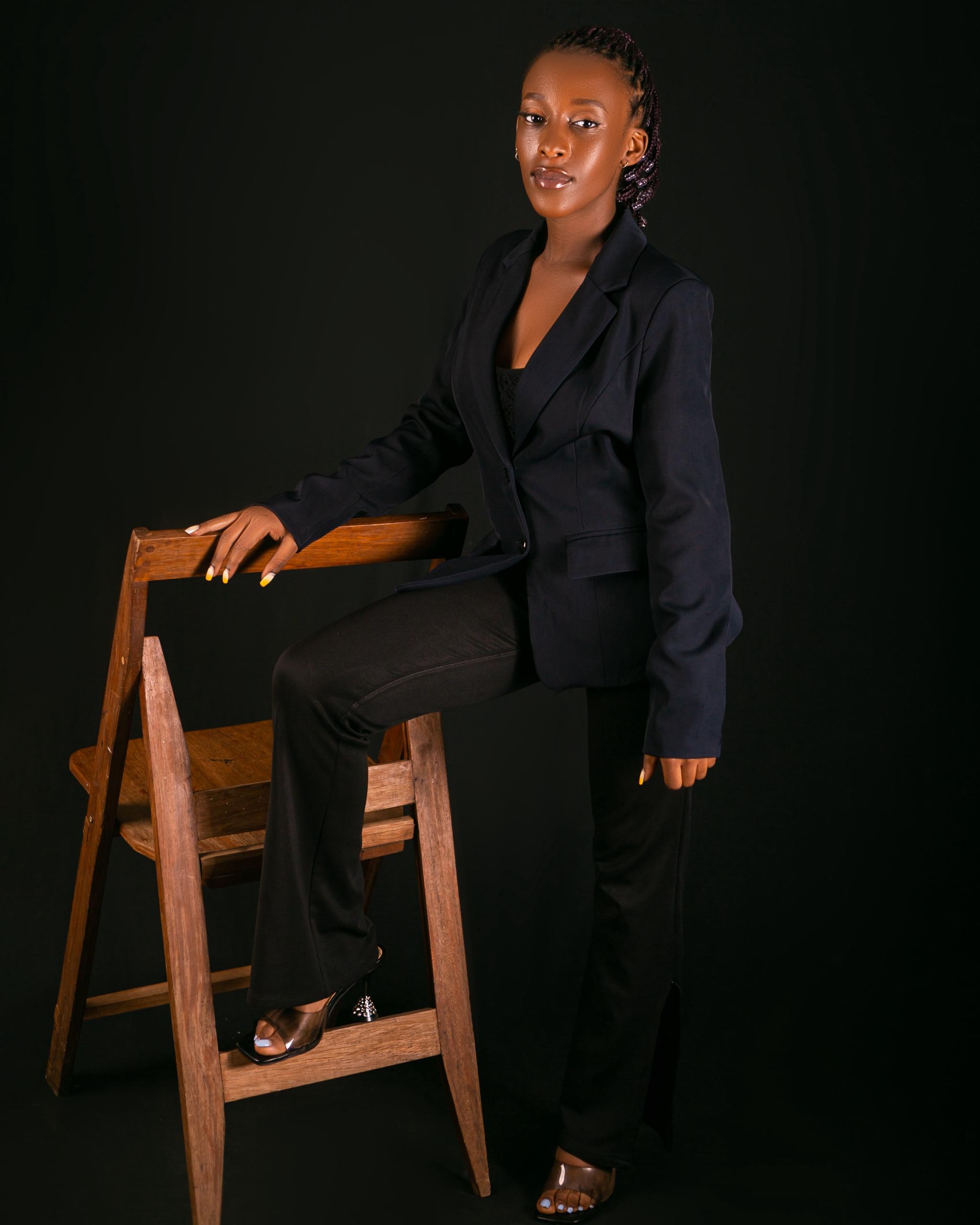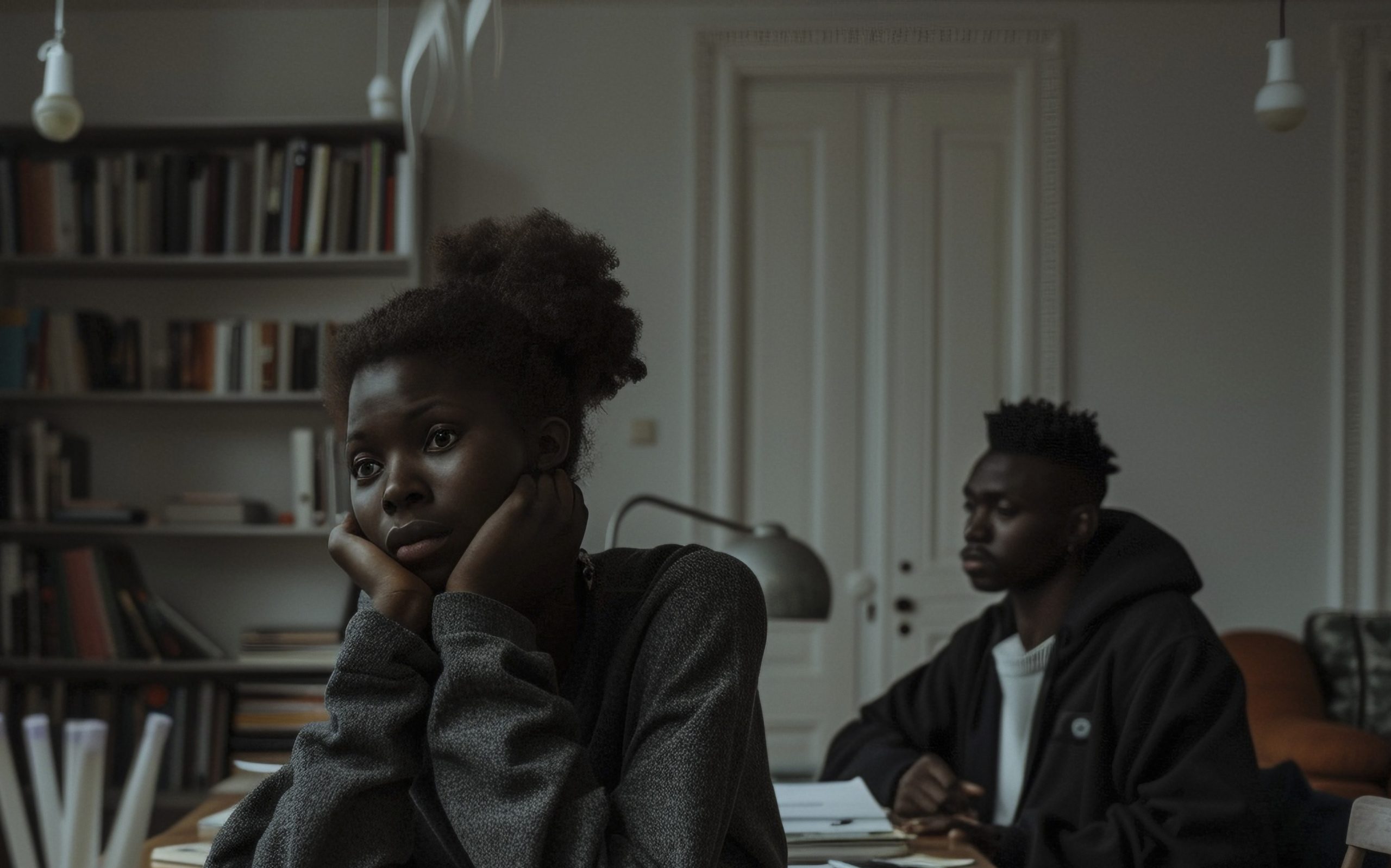It’s 3:27 a.m. when Vanessa finally puts her phone down, not because she’s done with studying, but because her chest feels too heavy to breathe. She hasn’t told anyone she’s been crying almost every night this week. To her classmates, she looks like she has it all together. But inside, she’s silently falling apart. Across Mount Kigali University, students like Vanessa are battling more than just exams. They are struggling with anxiety, burnout, and emotional exhaustion, but few are talking about it.
University life is often seen as exciting, full of opportunities, and growth. But behind the smiles and group selfies, a different story is playing out, one filled with sleepless nights, racing thoughts, and internal panic attacks. “I felt like I was carrying a hundred kilograms on my back every single day,” says Emmanuel, a third-year business student. “Between lectures, assignments, my part-time job, and trying to support my siblings back home, I didn’t even realize I was depressed. I thought I was just weak.” Like Emmanuel, many students silently normalize emotional suffering, blaming themselves for not being able to handle it.
For most students, mental strain begins with academic pressure, strict deadlines, performance anxiety, and the constant chase for good grades. Add financial stress, family expectations, and social pressure to appear happy and successful on social media, and it becomes a toxic mix. Aline, a first-year mass communication student, shares: “Sometimes I pretend I’m okay in public, but when I’m alone in my room, it all crashes down. My parents think I’m living the dream. But I’m scared every day that I’ll fail not just my course, but them.”
Mental health is still taboo in many African households and student circles. “I grew up hearing that depression is for people who don’t pray enough,” Brian, a second-year law student, says. “So when I felt like I was mentally drowning, I didn’t tell anyone. I thought God was punishing me.” Stigma, shame, and the fear of being judged make it hard for students to open up. Some fear being seen as weak. Others don’t even have the language to describe what they feel.
Mount Kigali University has limited formal mental health support. While there are student counselors, many students don’t know how to access them or are too afraid to try. Some turn to trusted friends or spiritual mentors for comfort. Others rely on journaling, exercise, or even silence. “There was a time I just stopped talking to everyone. That was my way of coping,” Sandrine says. “Looking back, I wish someone had noticed.”
The solution begins with awareness and compassion. Students should be encouraged to speak up without fear of shame. The university could organize mental health awareness days, anonymous peer support groups, or a 24/7 student helpline. Lecturers could receive training on identifying burnout and emotional distress in students.
Mental health is not a weakness. It’s a human reality. To build a stronger academic community, we must first create a safe space for students to be real about what they’re facing. And maybe one day, students like Vanessa won’t have to cry alone at 3 a.m.





